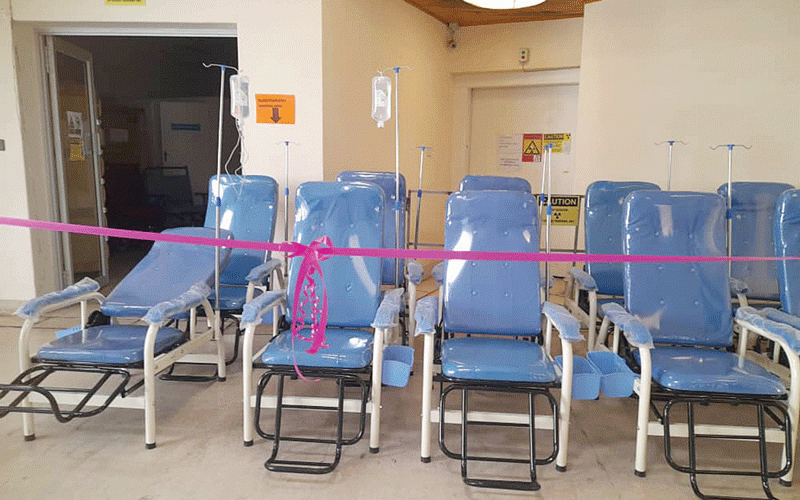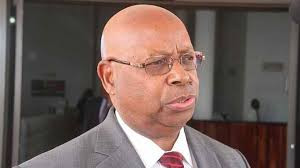
AN urban solid waste management expert has called on Bulawayo residents and businesses to shun imported goods regarded as waste in some countries to curb illegal dumping of waste in the central business district and residential areas.
Speaking during a policy discussion organised by the Public Policy Research Institute of Zimbabwe in Bulawayo recently, waste management expert Leave-it Ncube said most of the waste in the city emanated from imported low-quality products.
The discussion was held under the theme Towards Clean and Resilient Urban Areas: Building Inclusive and Sustainable Solid Waste Management in Zimbabwe.
“We need to reduce the importation of goods that are regarded as waste in other countries. Some foodstuffs come in containers that become waste.
“We have diapers and as a mother, I never used them, but napkins. Diapers are so nice to use, but they are difficult to dispose of. You try to burn them and they do not get burnt. These are products that we should avoid to use,” she said.
Ncube said the wanton dumping of diapers and sanitary pads had become a cause for concern in the city amid revelations that youth are using them as drugs.
She said the increase in the reckless dumping of such items had given rise to increased cases of drug and substance abuse in the city, calling on women to exercise restraint in their disposal.
Ncube also urged the residents and the business community to separate waste, adding that bins must have compartments to accommodate separate waste.
- Revisiting Majaivana’s last show… ‘We made huge losses’
- Edutainment mix: The nexus of music and cultural identity
- ChiTown acting mayor blocks election
- Promoter Mdu 3D defends foreigners 30 minute set
Keep Reading
She said the collection of recyclable waste reduced littering and created repurposing of such waste, at the same time saving the environment from pollution and littering.
“So we need to practise waste tracking and if we practise this, we will not be having waste drop off along our roads and we will encourage the city council to procure proper waste management transport,” Ncube said.
She said the increase of solid waste in the residential areas was a result of irregular collection.
“We need to segregate waste to move to an economy that is zero waste,” she said.
Ward 17 councillor Sikhululekile Moyo said they had proposed a campaign to educate women on how to dispose of diapers and pads, which are found all over, at times choking the sewer system.
“Dumping of diapers is so rampant and we have proposed an awareness campaign to be done for mothers to educate them on how to dispose of them,” Moyo said.
“The diapers are found all over and even in the drainage system.”
Civic activist and resident Themba Chiveya said the trucks used by the council to collect waste were waste themselves and must be done away with, adding that the frequency of waste collection was a cause for concern.
Ward 23 councillor Ntombizodwa Khumalo said council needed 30 compactors to run the city's waste collection.
“We need 30 compactors to run the city and we only have an average of 8 to 9 compactors, but the money is not available for us to buy the rest,” she said.
PPRIZ board chairperson Reinford Khumalo bemoaned that the centralisation of administration in the country was affecting the city’s waste management processes.
“Our city is plagued by too much waste and it's no longer attractive to live in Bulawayo. There should be strict fines imposed on the illegal dumpers of waste.
“If council has no arresting powers, it must seek the powers from central government so that it can enforce by-laws,” he said.









